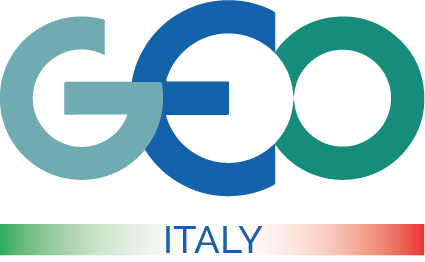The task HE-02 “Tracking Pollutants” was established as a part of the 2009-2011 work plan of the Group on Earth Observations (GEO) and, through the establishment of coordinated global observation network for mercury and POPs, was meant to support the international conventions on toxic compounds (i.e. Stockholm Convention (SC), UNECE Convention on Long-Range Transboundary Air Pollution (CLRTAP)) and on-going international programmes (e.g. UNEP Mercury Program, Global Monitoring Plan (GMP) of SC on POPs, European Monitoring and Evaluation Programme (EMEP).
The task includes two major components:
1. The Global Mercury Observation System (GMOS) is a worldwide observation system for the measurement of atmospheric mercury in ambient air and precipitation samples. GMOS includes ground-based monitoring stations, shipboard measurements over the Pacific and Atlantic Oceans and European Seas, as well as aircraft-based measurements. All data are made available through an ad-hoc, scalable and user-friendly infrastructure.
2. The network to measure baseline data for the various POPs (including the eleven new POPs listed in the SC in 2009, 2011, and 2013); including the Data Warehouse (GMP DWH), registered for access through the GEOSS portal.
Previous achievements have also resulted in the availability of data and reports through the GEO Portal.
In particular: The GMP DWH together with the GENASIS primary database have been registered under the GEOSS portal.
Data from the 2nd GMP regional reports publicly available. The GMOS SDI has been registered under the GEOSS portal
– http://www.eurogeoss-broker.eu/
User engagement The primary stakeholders are: parties to the Stockholm, Minamata and other Conventions, governments, IGOs, NGOs; the scientific community in related fields shares the interest within the scope of the project and could contribute to gathering information and mobilizing social groups; the civil society in general, benefitting from communication of risks associated with POPs and Hg releases, contamination and exposure
